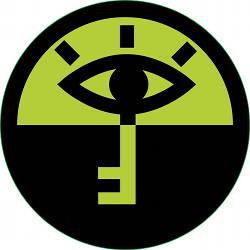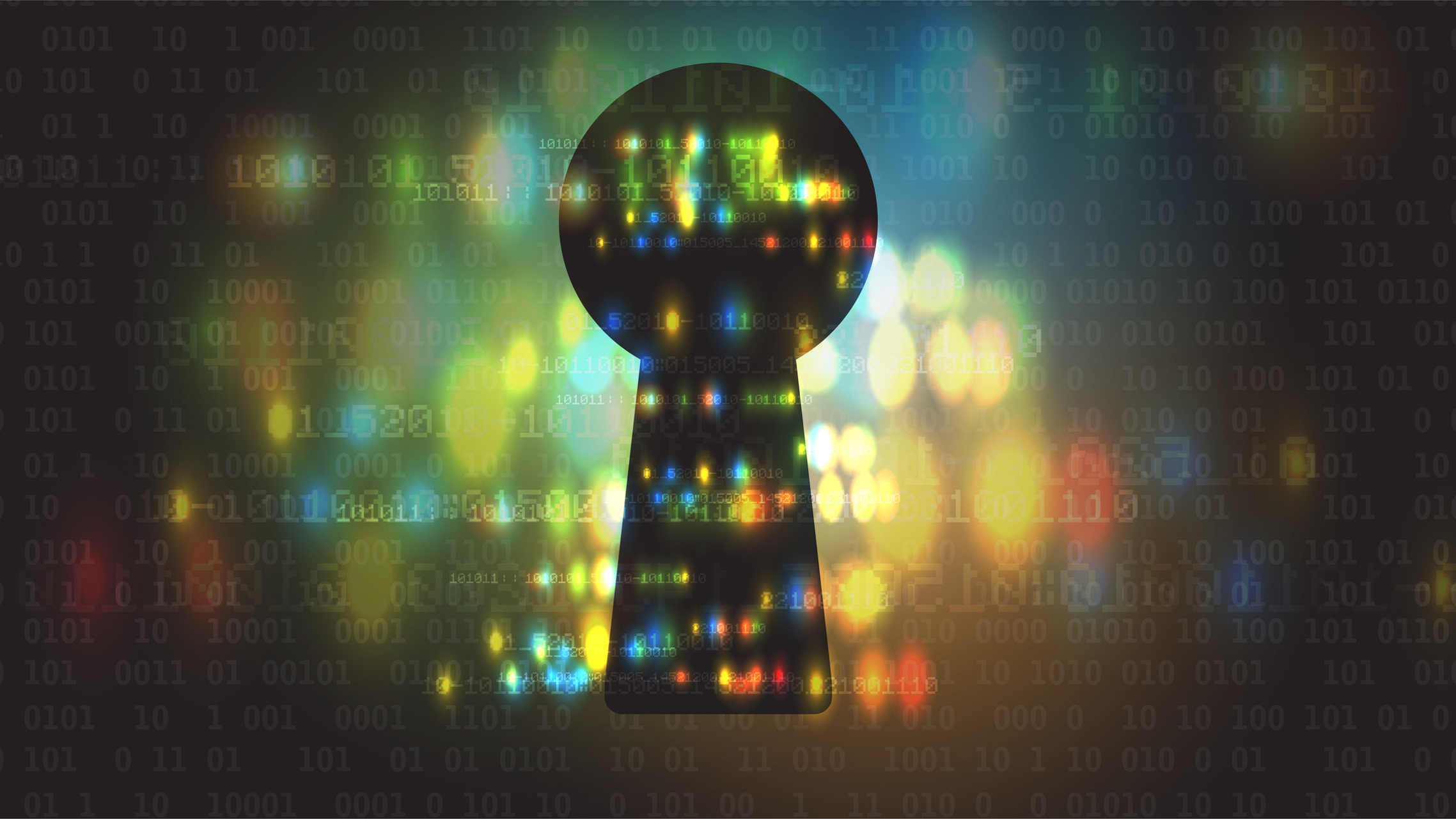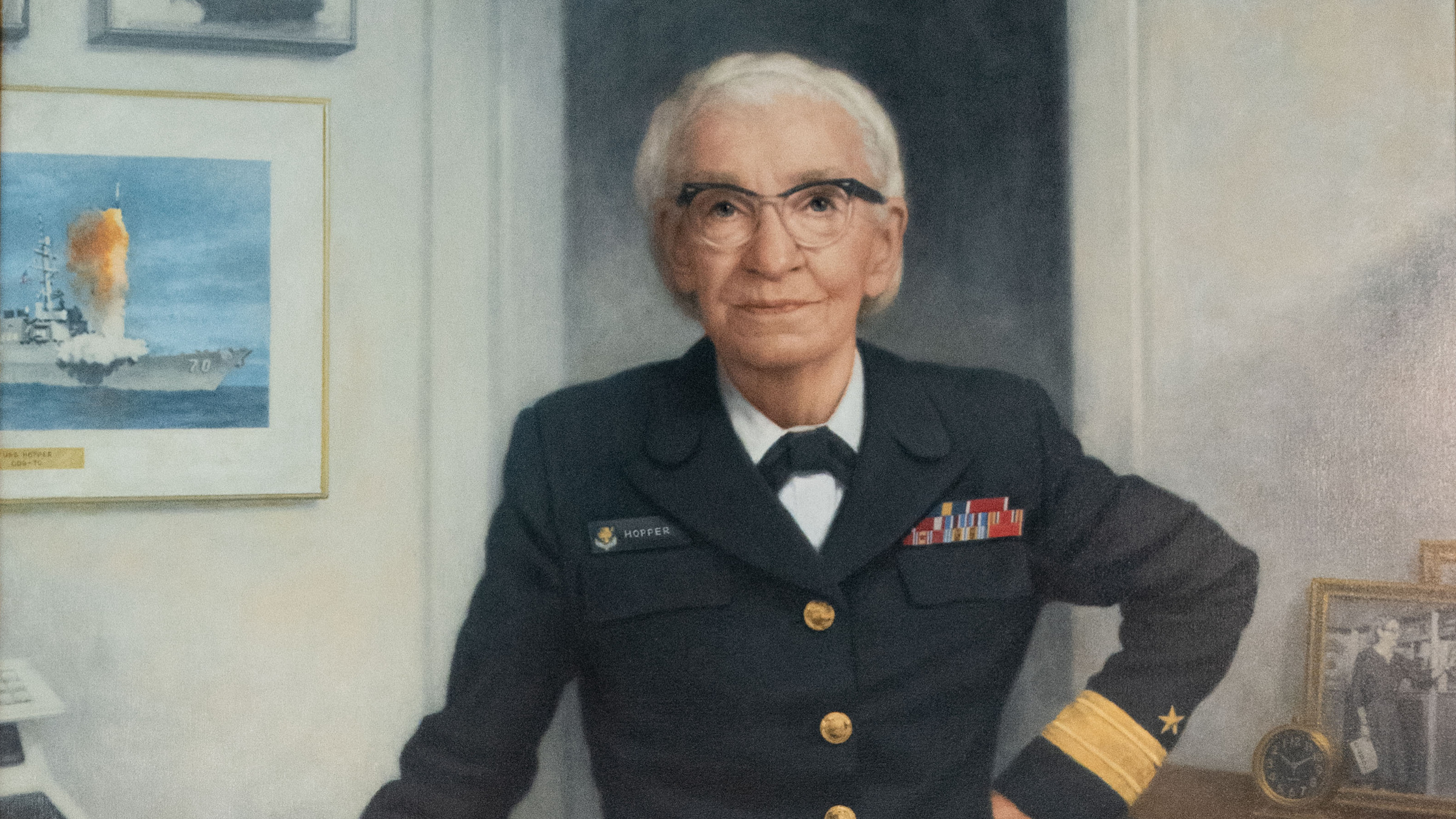
An incredibly knowledgeable panel on domain seizures. We have a representative from law enforcement (Chris Israel), an attorney who has represented individuals whose domains have been seized (Andrew Bridges), a proflic blogger on copyright law (Terry Hart), and very well-informed policy wonks (Andrew McDiarmid and Sherwin Siy). As a neophyte to these issues, it's been very informative.
Discussions have ranged from the numbers of actual seizures, specific cases on the issue, and the constitutionality of seizing internet domains under the 1st, 4th, and 5th amendments.
Andrew Bridges addressed the myriad problems in the process of seizing the domain, notifying the domain owner, and most egregiously, the government's lack of transparency in gathering and articulating the information that the seizure was based on.
Chris Israel responded that the process for domain seizuers is the same for any other proceeding under federal statute. Creating a unique process for domains could set bad precedent that each statute has its own enforcement and seizure process.
As Sherwin Siy replied, maybe in fact we do want to have a separate process for this issue, as the seizure is a prior restraint of speech and as such is deserving of a different standard. Bridges then emphasized that most seizures relate to drugs, guns, and money. Since seizing domains infringes on a 1st amendment right in a way that seizures of other items do not, a separate process should certainly be in place.
As Chris Israel said, law enforcment officers do what their title says; they enforce the law as it is. The law currently does not have a separate process for domain seizures and therefore law enforcement cannot apply one.



Join the Discussion (0)
Become a Member or Sign In to Post a Comment